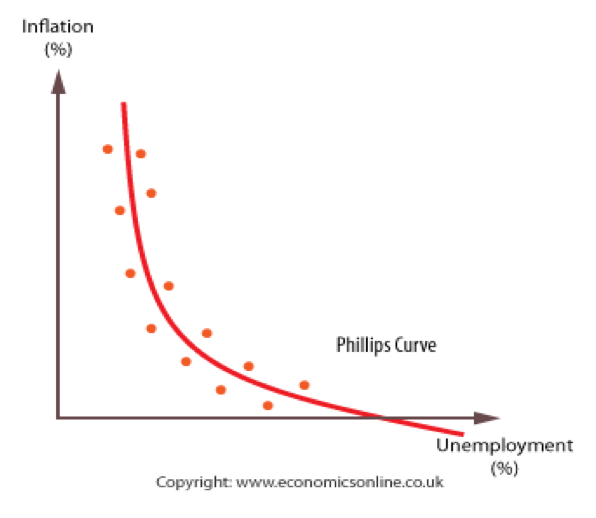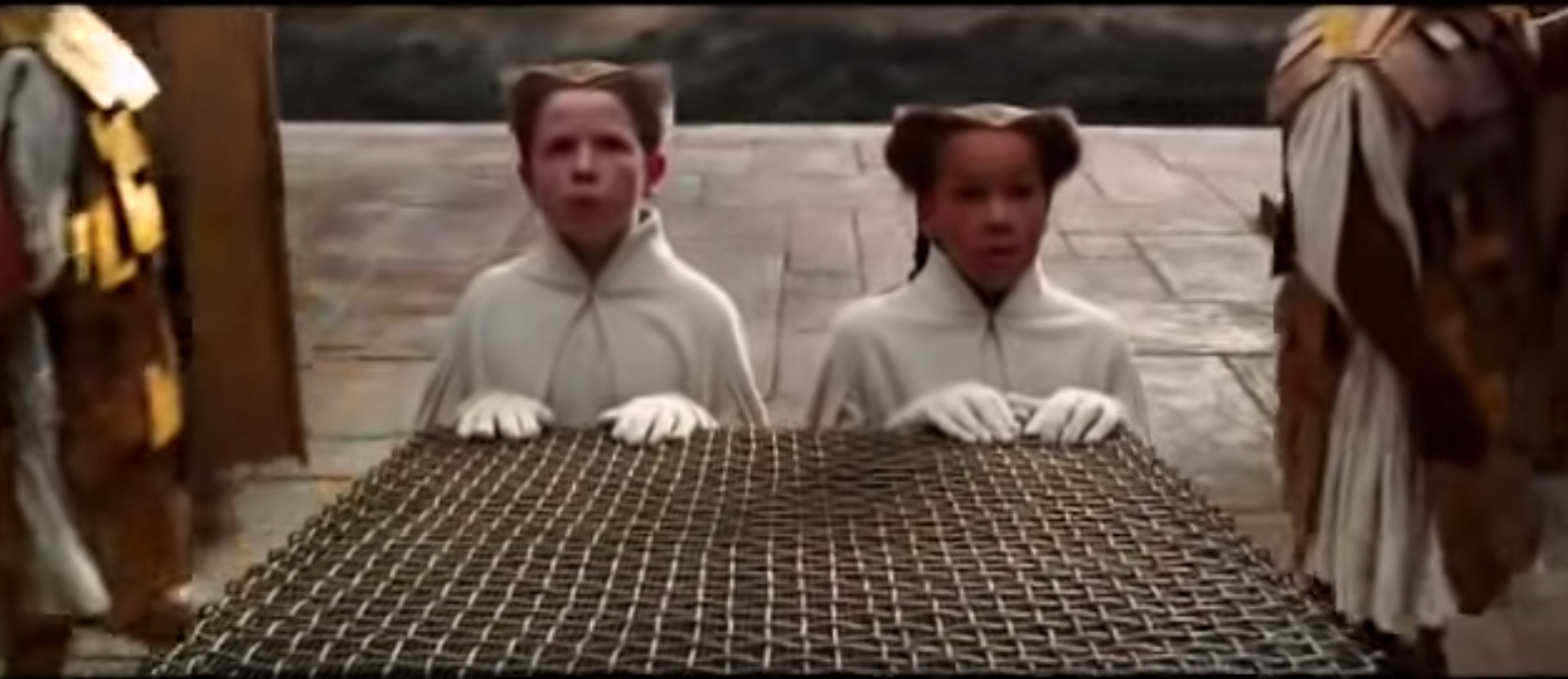2 Getting started
*This section is about “getting a lay of the land” (orientating yourself) and “getting the ball rolling” (getting things started).
What is Economics research? What are the methods and fields?
What should I read to help me understand the previous two questions?
Choosing and refining your dissertation topic
Beginning your literature review
2.1 Asking a good question
How to ask your question; Posing a relevant, and well-formulated question
Maybe you already have an idea burning in your head for years, and you are simply waiting for the sound of the pistol to set your research engines in gear. If so, you are probably a rare exception; students often have only a vague idea of what they are interested in, and no clear sense of what it means to ‘’do an Economics research project.’’ When I was an undergraduate it sometimes seemed like all the questions were already answered and written in the textbooks. Rest assured this is not the case.4
2.2 What makes a good question?
What is a “well formulated question”? How should you state your question?
Be clear about what your question is asking; state it jin a way that it cannot be misinterpreted. It should be able to be applied to real-world situations and real world data. It should generate falsifiable hypotheses about specific observable things in the real world that (ideally) can be measured.
What is an “interesting question”? What is a “useful question”?
Such a question can tell us about human behavior in general, and in the economic sphere (choices subject to constraints). It can help us refine and develop our economic models. It can “inform policy”, i.e., the best policy to choose depends on the answer to your question. Once you have a good understanding of your question, throughout your paper and your work, always ask yourself “how does this relate to my question”? …a good question
A good term paper will ask an interesting question and offer a plausible answer. It should be plausible in that it is (probably) true, but also not obviously or patently true; and it should be supportable in that it is subject to factual observation or logical demonstration (Gordon Harvey, Harvard Writing Program).
For another perspective on a “useful question”, see the Effective Thesis Project.
2.3 ‘Economy theory, science, and previous evidence suggest testable hypotheses’
(From Erica notes [citation needed])

Figure 2.1: Phillips Curve
Phillips Curve
Descriptive statement: There is a negative relationship between inflation and unemployment
Causal statement: Higher inflation leads to lower unemployment, ceteris paribus
Returns to Schooling, human capital: Increased schooling leads to higher wages.
Health and Income: Positive relationship between life expectancy and GNP per capita.
Income Pooling Test : Parents may pool their incomes in order to invest in human capital for their children.
Child Health and Mother’s Inputs : Breast feeding increases the cognitive development of children.
Consider: Which of the following are “statements of causality:?
Health and Income: There is a positive relationship between life expectancy and GNP per capita.
Income Pooling Test : Parents may pool their incomes in order to invest in human capital for their children.
Child Health and Mother’s Inputs : Breast feeding increases the cognitive development of children.
(Answer: Only the third one, but 1 and 2 could be reformulated as causal statements)
Reading to get ideas
Reading may help you get ideas, consider approaches, and formulate a question.
For broad ideas and motivation, read the newspaper, magazines like the Economists, and websites and blogs. While reading, ask yourself questions such as:
Does this article suggest a puzzle that might be answered by Economics?
Does this resemble a particular economic model I have learned? How is it similar or different?
What are the open economic questions raised by this article?
Is evidence presented or discussed? Is the evidence credible? Does the evidence really provide a convincing case for the ``causal story’’ being told?
What data might be appropriate for answering the questions raised? Does the article suggest a new source of data?
To understand what research in Economics is, how it’s done, and how it is organised, you should also start reading academic Economics papers in reputable-peer reviewed journals like the Journal of Economics Perspectives and The Journal of Economic Literature, which offer broad surveys, as well as journals such as the Quarterly Journal of Economics and the Economic Journal, which publish original research in a fairly-accesible format. (Articles in journals such as Econometrica are often too technical for an undergraduate to follow.)
An example:
Romer, David. 1993. Do students go to class? Should they? Journal of Economic Perspectives 7 (Summer): 164-174.
We will return to this below, when we consider the literature review and referencing, and in more detail when we discuss the process of doing a literature review.
Consulting textbooks and course and module materials
2.4 Things you may want to try to get together early in the process, and put in your preliminary ‘proposal’
If you will use data
The name and source of your data set, the “scope” of it (e.g., years covered, countries, etc.) whether you have downloaded it, the format it is currently in, the number of observations and variables.
Some specific estimation commands you plan to use as part of your analysis. (Note: this will go in your plan but you should not put statistical code in the main body of your final project).
If you will do a case study analysis
- The source of the material for some of the cases you will analyse, and a discussion of how you will analyse these.
If you are doing a theory paper
- Some of the key equations in your model, or in the model that you are expanding upon.
If your paper is an extended literature review
- Some of the key insights you hope to bring to this review, ways you intend to critique the existing work, and/or lines along which you plan to compare existing work.
2.5 Meeting with your advisor and interacting with him/her
Most students writing dissertations are matched with a ‘supervisor’, ideally a supervisor who is interested in the area of research you have chosen. (It may be advisable in choosing a topic to consider your potential supervisors’ expertise. )
Your supervisor will welcome your initiative; try to make the best use of his or her time and effort (and your own).
The role of the supervisor is to give feedback, not to tell you what to do! You are supposed to be an expert on the specific topic; your supervisor may not be (but always has general economics knowledge and experience to share).
Come prepared: Try to solve your problems on your own first, and take notes on where you are stuck. Bring any outlines, drafts, and notes you have made.
You may also email your supervisor an update on your progress and a draft, but she may not always have time to read your work. Remember: time spent reading your drafts count towards the allocated supervision time.
Before you email or bring in work to your supervisor, make sure that it is readable. Your supervisor does not know what you are thinking or intending, only what you write or explain verbally.
Do not come only at the last moment!
Discuss your dissertation with your supervisor, and ask him or her to take notes if possible. This will be helpful if you later want to ask for a letter of reference! If you want someone to write a good letter, he or she must know you well.
Although economists have been at it for centuries, and built daunting models, these are based on strong and limiting assumptions. These represent simplifications of the real-world; it is not obvious which model best represents a given situation. On the major (and minor) economic questions, the evidence is often thin and contested. (There is some truth to the adage “ask two economists and get three answers.”)↩
